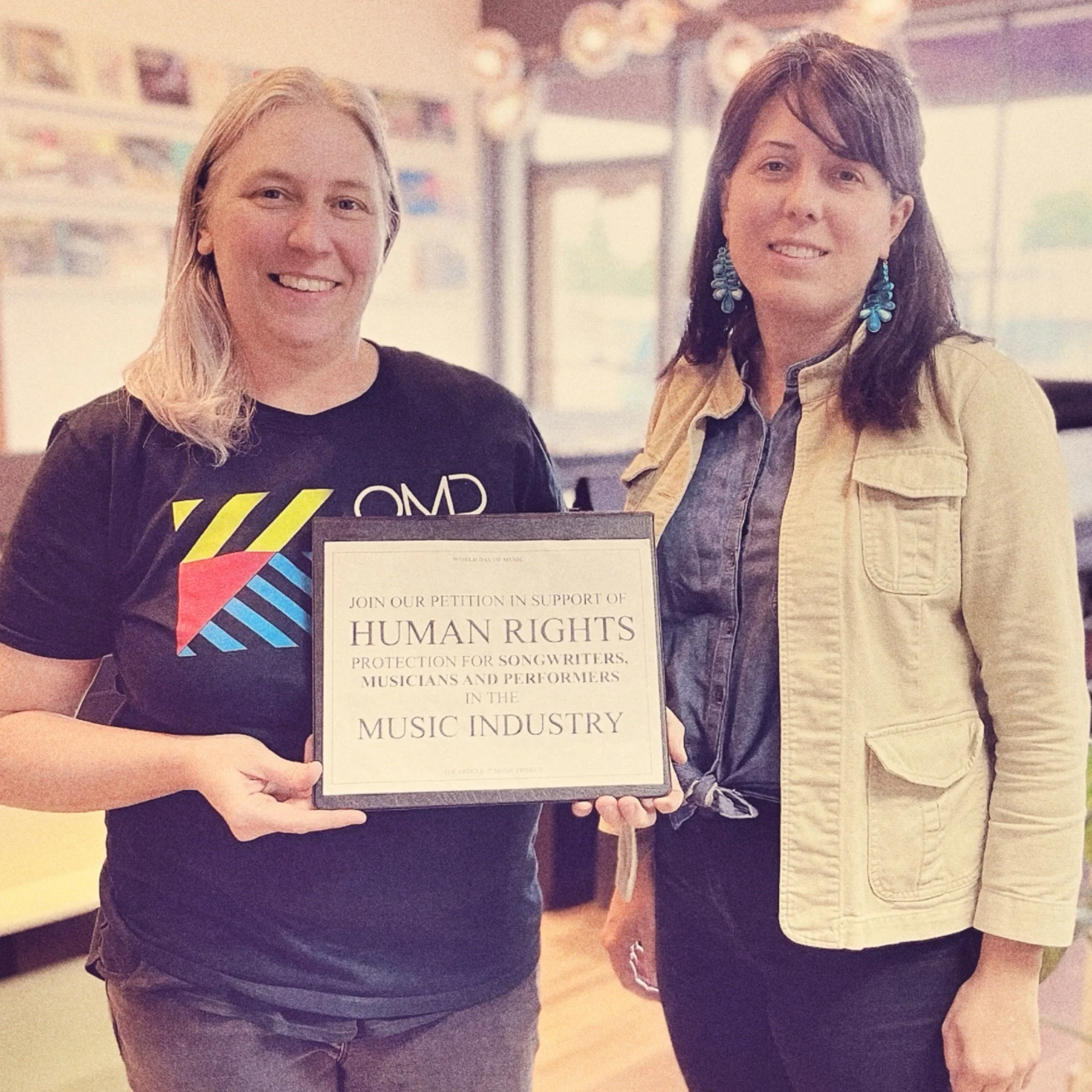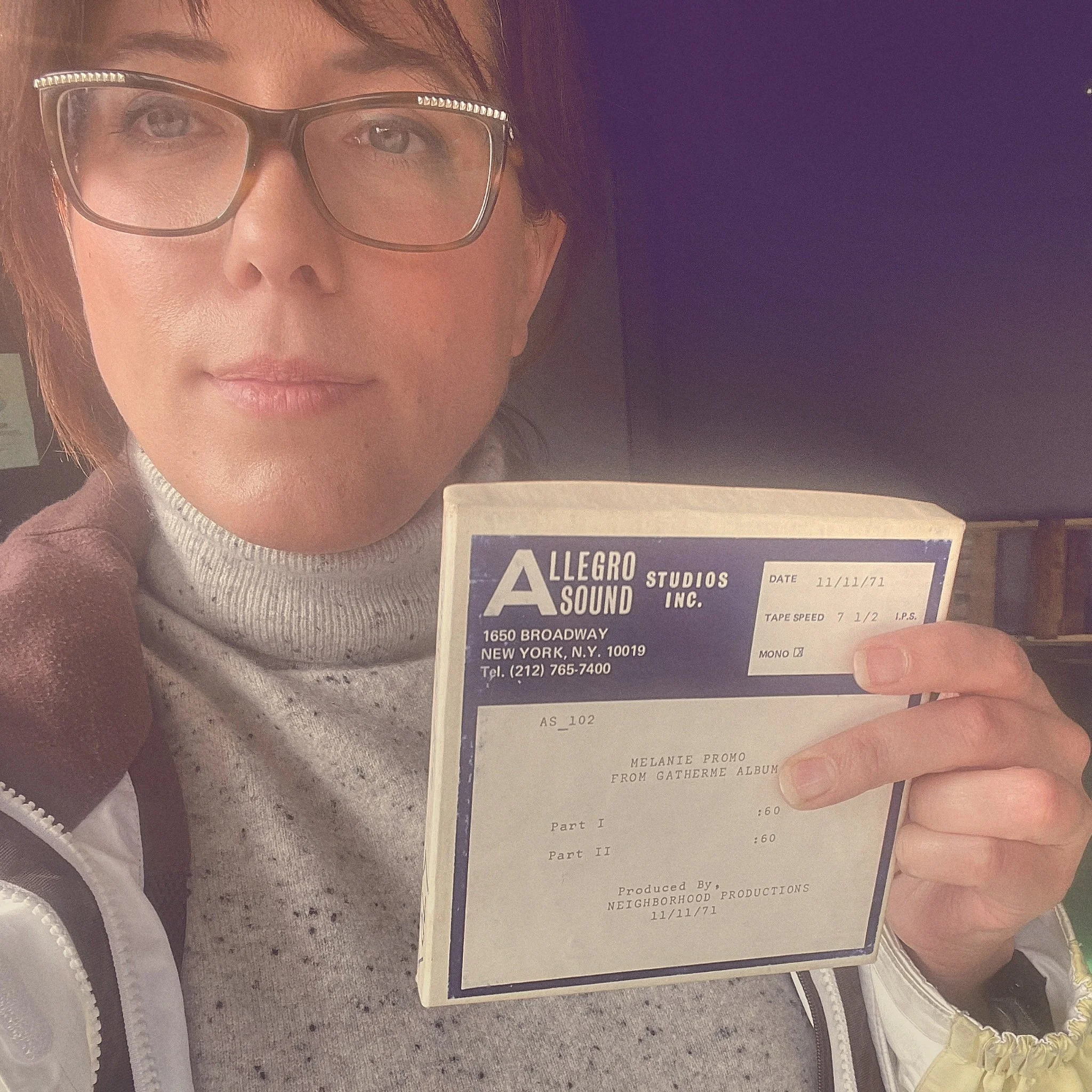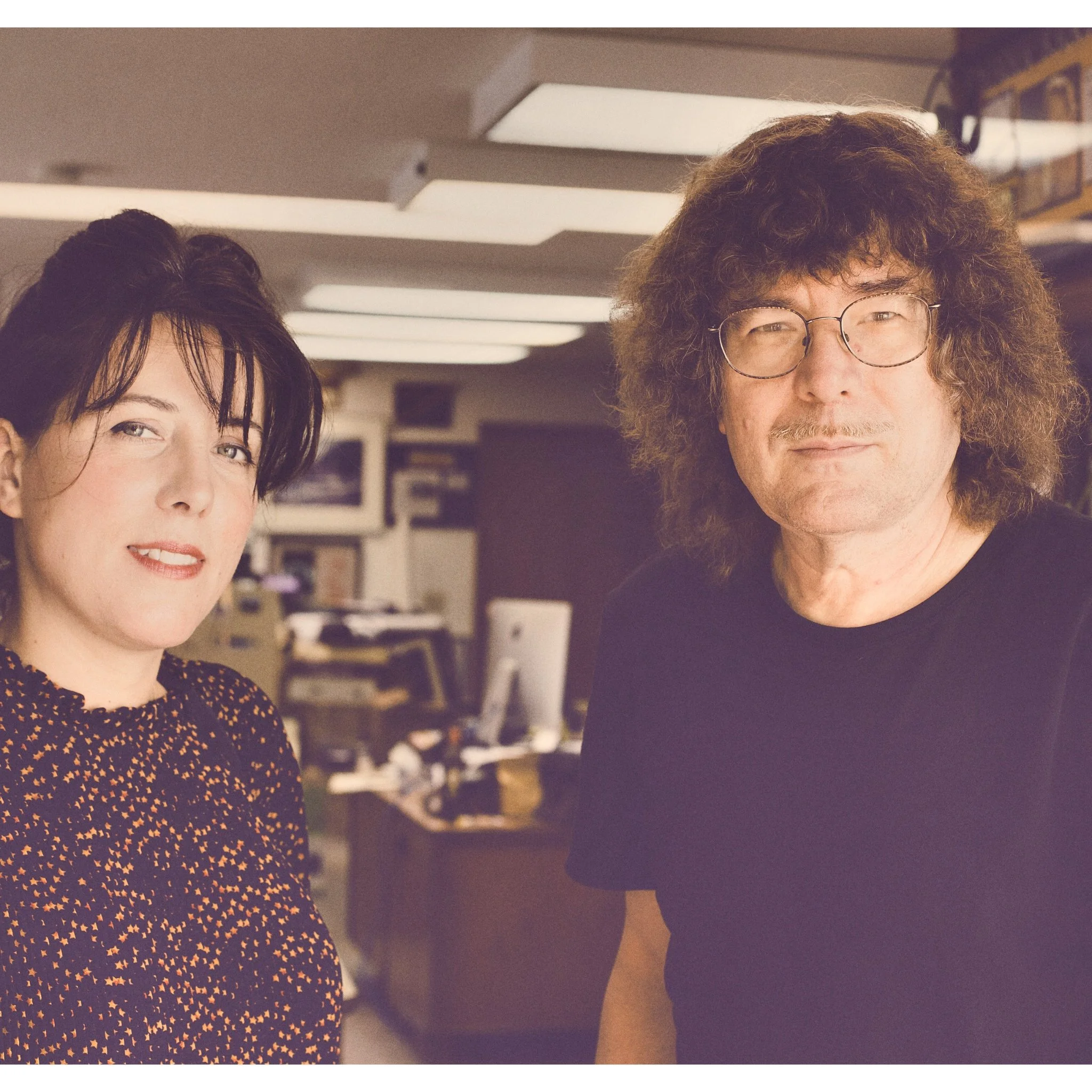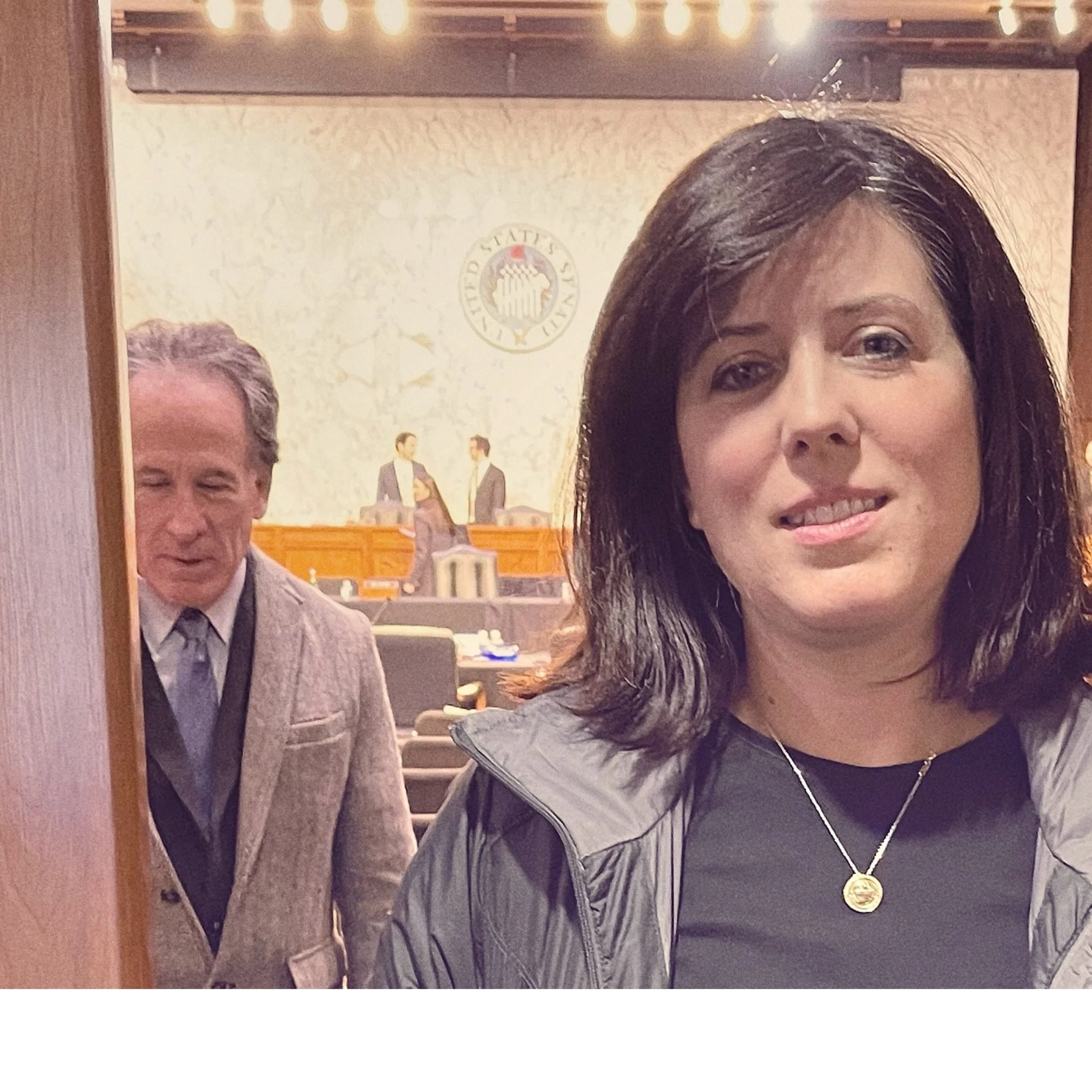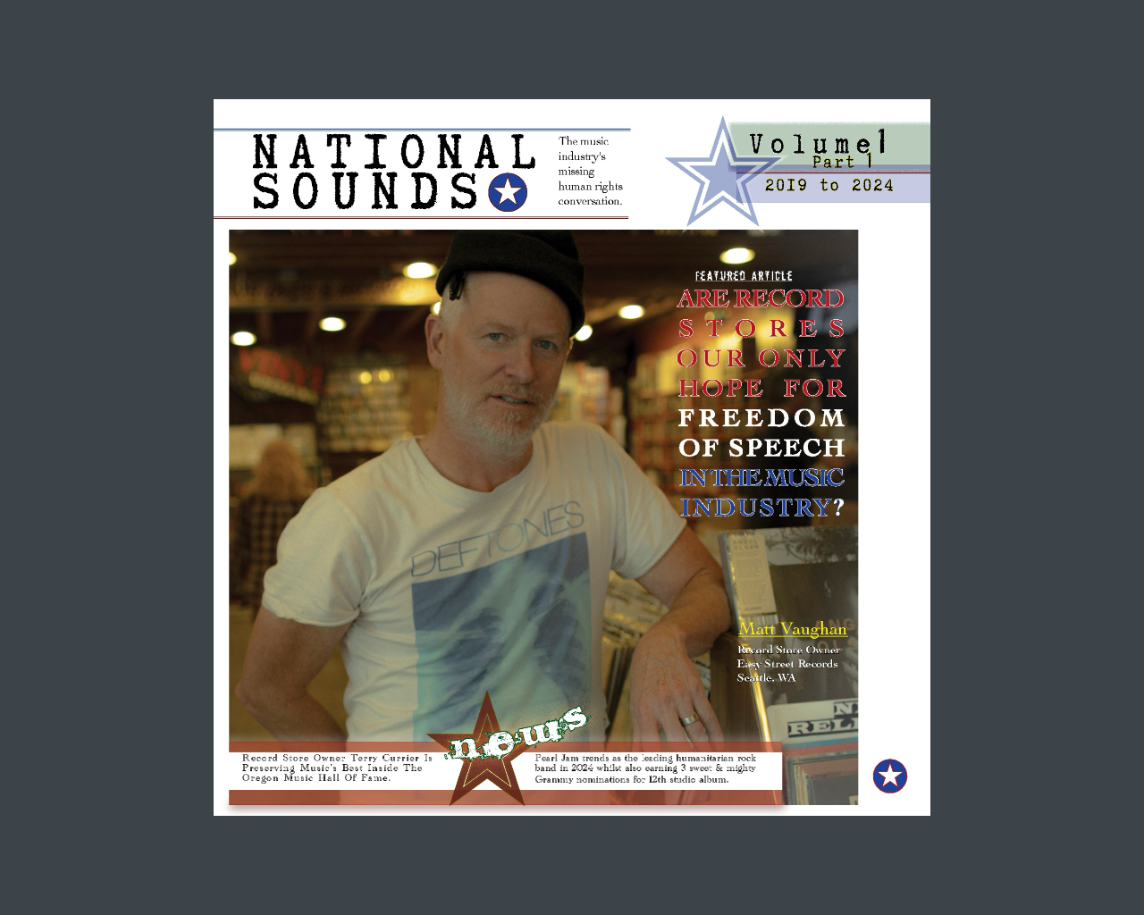WHO WE ARE
Founder & President
Corinne Devin Sullivan
Starting on July 4, 1776, when the Continental Congress adopted the Declaration of Independence, bold moves to guarantee each other’s rights have been part of calling ourselves Americans. Making our human rights rock solid requires discipline and vigilance. Humanitarian and author, Corinne Devin Sullivan, put the Article 27 Music Project together at her home in Oregon, in 2019. Ms. Sullivan witnessed for herself hardcore abuse of music performers and songwriters. Fraudulent business tactics where no one could afford to fight for their dignity in the courts were brushed off by lawyers and industry executives. These people told Ms. Sullivan, uniformly, “Sadly, that’s just the way the music industry is.” Entrapment seemed obvious through the use of terrible drugs and prostitution—all being made trendy by wealthy corporations. Artists who were in the middle of recording sessions were targets. Fraudulent documents were unearthed. With Ms. Sullivan’s solid two decades of experience in addressing human rights abuses in the arts, in Hollywood and Nashville, she isolated the missing element for music: human rights protections backed by federal law are more than 100 years overdue and sorely needed right now.
A new way of looking at the American music industry.
Article 27 of the United Nations’ Universal Declaration of Human Rights tells us:
(1) Everyone has the right freely to participate in the cultural life of the community, to enjoy the arts and to share in scientific advancement and its benefits.
(2) Everyone has the right to the protection of the moral and material interests resulting from any scientific, literary or artistic production of which he is the author.
This is the only argument worth discussing in American music. Ms. Sullivan has utilized this human right, and the additional thirty human rights, in order to revolutionize music today. Never before has anyone ever made the statement that all of music’s troubles can be solved by reworking things in support of human rights—not for the big corporation boys and ladies, but for the natural rights of the songwriters, performers and musicians.
A statewide petition for human rights in the music industry.
Ms. Sullivan initiated and conducted a statewide petition in Oregon for human rights protections in the music industry. Uniformly, it was supported by anyone who understood challenges faced by artists in music. Her petition was launched in 2023, at Portland’s legendary record store, Music Millennium, on the World Day of Music. Signatures were gathered throughout the Oregon State Fair. The petition was also brought eastward to The Dalles and Pendleton, and south to Eugene and Medford. Signatures were gathered along the Oregon Coast and in the capital city, Salem. The Sisters Folk Festival generously accommodated signature gathering in 2023 and 2024. This human rights petition concluded in January of 2025, and it was handed over to the Governor’s Office. By then, many of the established organizations in music, all around Oregon, had participated in some way.
Investigating the true story about Woodstock’s First Lady.
No one represents integrity to music the way Melanie did. Ms. Sullivan would spend more than three years (2019 to 2023) listening to Melanie’s problems in the industry, trying to sort out what had happened, and without any payment at all going to the “entertainment attorneys” whom Melanie fully distrusted.
Melanie, together with her husband, Peter Schekeryk, launched an internationally successful career within 24 hours, in New York City, back in 1968, with Melanie’s turntable hit, Beautiful People. It was played on rotation everywhere the moment Peter placed Melanie’s song into the hands of DJs across the city.
Melanie successfully terminated fully her contract with Buddah Records, the only company she ever was “signed to” (1968 to early 1971). Then, Melanie took things a step further when she won a history-making law suit to prevent this company from ever dealing with her work again. Melanie was whole-heartedly supported by the courts.
Melanie’s career was a testament to female power. In 1971, Melanie launched the single most commercially successful independent record company to this day, Neighborhood Records. Sales went into the millions with the company’s first release, Gather Me. She very proudly wrote as well as performed her own songs. Melanie never relinquished rights to her songs and she paid for her recordings which she and Peter owned together.
Things came to a terrible end for Melanie’s career in the 1990’s. First, an Emmy she won as a songwriter but couldn’t accept in person was permitted to be “picked up” on-stage in front of millions of people by the head of Buddah Records. This nullified, dishonestly, what factually had taken place years earlier between the artist and that company, all the way back in the 1970’s. Next, when the music industry permitted digital sales, everything was stolen from Melanie’s records immediately. Her music was sold everywhere and many times. Major companies in the industry participated without a care. Peter fought this until his passing in 2010. Without Peter by her side, Melanie continued to fight until her passing in 2024.
Researching the history of America’s first mainstream independent music company.
Upon hearing from Melanie about her ground-breaking music company, Neighborhood Records (1971-1974), Ms. Sullivan searched for documentation and records to prove Melanie’s side of the story. Melanie denied selling her musical recordings. Yet, shortly after her husband, Peter Schekeryk, passed in 2010, Melanie was given piles of paperwork from a not-for-profit company called ASCAP that incriminated Peter Schekeryk as having sold out Melanie completely. This documentation was promulgated and destroyed Melanie’s career. Peter engaged in legal requests to ASCAP for more than a decade to end their relationship due to egregious mistakes costing Melanie millions in earnings. Without anyone who could support her side of the story, Melanie was going down for the last count. Ms. Sullivan stepped in to listen to everything Melanie told about the theft of her work. Though the world lost Melanie in January of 2024, this story has yet to conclude as the rights to her songs, and the use of her recordings, still remains unsolved to this day.
Sharing with the record stores.
Ms. Sullivan makes a regular effort to support neighborhood record stores in America. She views this part of the music scene as the last bastion of honesty and hope within a very corrupt music industry. Uniformly, all those hard-working record store owners prove themselves to be far more interested in music itself, rather than money. Interviews with America’s diligent store owners are part of Ms. Sullivan’s newsletters and the upcoming journal, National Sounds.
Helping those who matter the most.
The Portland Songwriter Soiree was launched by Robin Jackson who has successfully carried his endeavor forward for many years. His monthly event provides a safe haven for songwriters in his area. This is one example of organizations who support music as a righteous community rather than a spectacle gathering fees for major corporate structure needs. It’s artists like Robin Jackson who matter most to the future of the music industry, at the end of the day. Ms. Sullivan has written about the Portland Songwriter Soiree and other culturally important music events.
Keeping up with human rights protections for music.
Corinne Devin Sullivan was present for the 2023 Senate Judiciary Committee hearing regarding Ticketmaster and the ticketing industry, particularly in the wake of the Taylor Swift Eras Tour ticket sales issues. The hearing took place in Washington, D.C., and was named, "That's the Ticket: Promoting Competition and Protecting Consumers in Live Entertainment.” The audience listened to a prepared statement read by Joe Berchtold, President and Chief Financial Officer of Live Nation Entertainment. Along with presenting his side of the story, Berchtold underwent strenuous questioning on the subject of acting as a monopoly in the live music industry.
The music industry’s missing human rights conversation.
This year, Corinne Sullivan launched the annual journal, National Sounds. It’s filled with overwhelming content in support of the lack of human rights protections for America’s artists in music. Ms. Sullivan acts as Editor and Sales Manager. Many of the publications stories and photographs come from her work alone.

